Beheadings, crucifixions and bombs falling from the sky
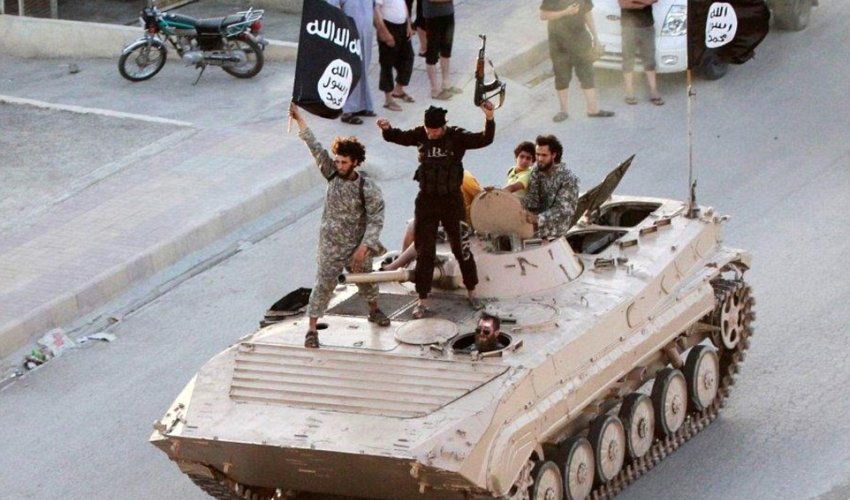
Crucifixions, beheadings and gay men thrown from tall buildings to a baying mob below. Piles of rubble and burned out shells where families once lived. No electricity or running water. This is the daily hell of those forced to live under ISIS in Raqqa.
The first thing father of three Mohammed sees when he leaves his home is ISIS's religious police, Hisbah, patrolling the streets, looking for people to punish.
'I'm afraid to lose my children, I am afraid that my wife will be flogged for not wearing the right clothes,' said the former teacher, 37, who was too frightened to give his surname.
He added: 'Things have changed from bad to worse under ISIS - the cost of food, there is no fuel or firewood.
'Water is available but it must be boiled and cooled. There are fruit and vegetables and bread, but prices are very high.
Electricity became scarce and we had to start buying it because the current only comes in some districts [of Raqqa].'
He went on to tell activist group Raqqa Is Being Silently Slaughtered [RBSS]: 'From 5am, I need to be at the mosque and I can't be absent.
'When I am there I watch the sky for aircrafts. Then I return to the house as quickly as possible to avoid arbitrary arrests. It's the same routine every day.
'I used to be able to teach students what I believed in. Now I am forced to teach them what I don't believe, what ISIS want me to. They stopped me giving private lessons which means I do not earn as much.
'It scares me in Raqqa that I can suddenly be arrested and never know the reason. I could be imprisoned and my family and wife will not know anything.
'But what scares me most is that ISIS is planting ideas in the minds of my children who I am forced to take to school.'
Tim Ramadan, am RBSS activist, told MailOnline how people there have to live under Islamic State's draconian laws.
'When you walk through the city, you see people being decapitated, their wrists tied with rope and their hands cut off or being given lashes,' he said.
'We are stopped from leaving, forced to keep up the pretence that everything is normal here, when people are living in horror.'
Thousands of civilians like Mohammed, most of whom have no link to ISIS, live in Raqqa and have no means of escape. They are kept within the city's concrete wall parameter.
Women are banned from walking unaccompanied by a man in the street. They are prohibited from showing their hair. Smoking is forbidden and criticising the city's rulers in public is punishable by death.
Prevented from working, locals can no longer afford even the simplest of luxuries, like chocolate. Lines of starving people queue for food and water.
Alongside unimaginable tyranny and violence in the streets, people here live in constant fear of bombs falling from the sky.
First it was the US' airstrikes, then Russia's, and now France – reeling from the terror attack in Paris in November which killed 130 people – has joined in, along with Britain.
Shop owner Waleed, 34, told MailOnline: 'Life here was difficult after the American airstrikes, but now we have a bigger problem because the Russians don't make a difference between civilian and military targets.
'The regime bombs us more than before and two weeks ago there was a massacre of civilians in Al Bab [an ISIS city to the north-west] by Russian airstrikes. People here are terrified.
'They don't have any way to leave Raqqa because the [Syrian-Turkish] border is shut. If you need to leave you have to get permission from ISIS, which sometimes isn't that difficult to get, but now the Turkish border is closed so what's the point?
'Food is expensive now because we used to import it from Turkey but ISIS is trying to keep prices low and keep it under control. It is very dangerous to cross the border.
'ISIS are trying to not make the prices expensive because they don't want to make the people angry. The security situation is good, like before, but people are scared of the airstrikes.
(Daily Mail)






www.ann.az
Similar news
Similar news
Latest news 
More news 


























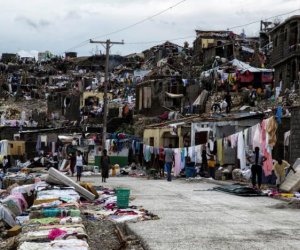
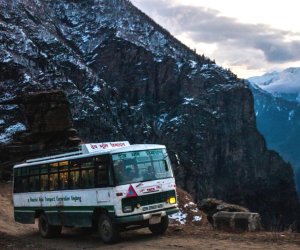
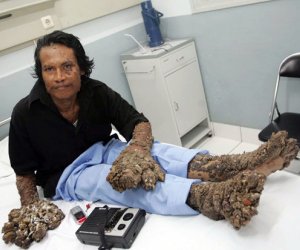
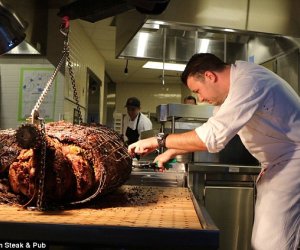
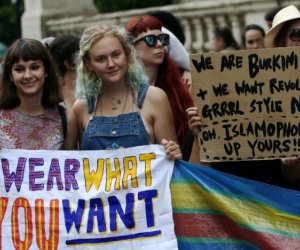
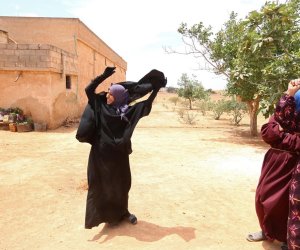
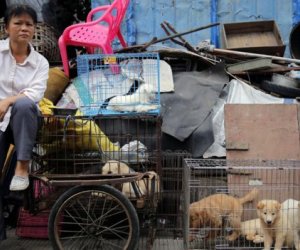


 Photo
Photo 

 Video
Video 

